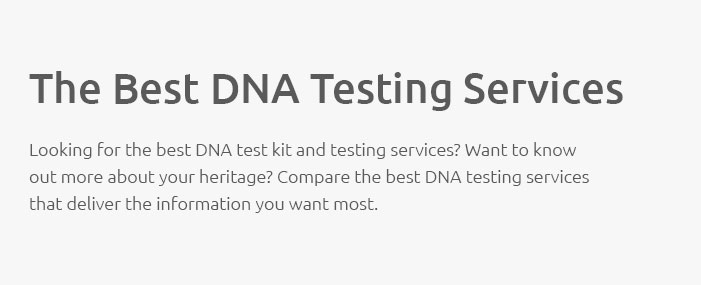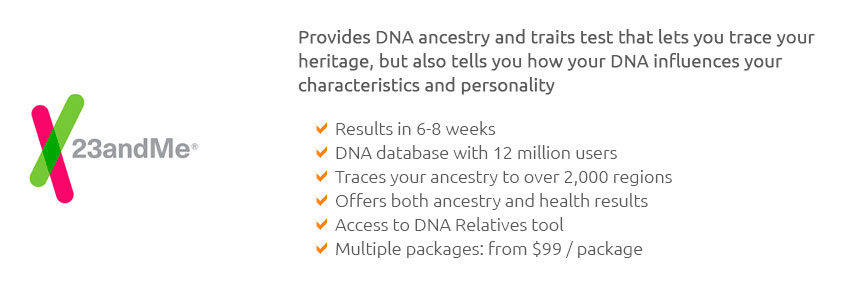 |
 |
 |
|---|
 |
 |
|---|
 |
|
|---|---|
 |
 |
 |
 |
 |
 |
 |
 |
 |
 |
 |
 |
 |
 |
 |
 |
|---|
DNA Testing for Irish Ancestry: Unraveling the Mysteries of Your HeritageIn recent years, DNA testing has surged in popularity, becoming a valuable tool for individuals eager to uncover the secrets of their ancestry. One intriguing aspect of this pursuit is tracing Irish roots, a journey that holds particular allure for many, given Ireland's rich cultural tapestry and the widespread diaspora. Whether motivated by a desire to connect with distant relatives or to simply understand one's lineage, DNA testing can offer fascinating insights. However, like any quest into the past, it comes with its set of questions and considerations. Here, we delve into some frequently asked questions about DNA testing for Irish ancestry, aiming to equip you with the knowledge needed to navigate this fascinating domain. What Exactly Can DNA Testing Reveal About My Irish Ancestry? DNA testing can provide a detailed ethnic breakdown of your heritage, offering percentages that reflect your Irish ancestry. This is often presented alongside other ethnicities, giving a comprehensive view of your genetic makeup. Additionally, it can identify specific regions within Ireland where your ancestors might have lived, thanks to sophisticated algorithms and extensive reference databases. How Accurate Are These Tests? DNA testing accuracy can vary depending on the company and the size of its reference database. Most reputable companies, such as AncestryDNA and 23andMe, have extensive databases that can offer fairly precise insights into your heritage. However, it's essential to remember that these tests provide estimates rather than certainties. The science behind them is continually evolving, and as databases grow, so too does the accuracy of the results. Can I Connect with Relatives Through DNA Testing? Yes, one of the exciting aspects of DNA testing is the potential to connect with previously unknown relatives. Many testing services offer features that allow you to view DNA matches, helping you identify relatives ranging from close family to distant cousins. This can lead to the discovery of familial links and shared stories that might otherwise remain hidden. What Are the Limitations of DNA Testing for Irish Ancestry? While DNA testing offers a gateway to uncovering your heritage, it does have limitations. For instance, it cannot provide information on specific historical figures in your family tree, nor can it pinpoint exact ancestors without corroborating historical records. Furthermore, the cultural and historical nuances of Irish identity might not be fully captured through genetic data alone. Are There Ethical Considerations to Keep in Mind? As with any genetic testing, ethical considerations are paramount. Privacy concerns are at the forefront, as sharing your DNA data could have implications for both you and your relatives. It's crucial to read the privacy policies of the testing companies and to be aware of how your data will be used. Additionally, the emotional impact of discovering unexpected family connections or ancestral origins can be significant, necessitating careful thought before embarking on this journey. Practical Tips for Those Considering DNA Testing If you're considering DNA testing to explore your Irish ancestry, here are a few tips to enhance your experience:
In conclusion, DNA testing for Irish ancestry offers a thrilling opportunity to explore your roots, understand your genetic heritage, and possibly connect with unknown relatives. While it comes with its set of challenges and ethical considerations, when approached with care and curiosity, it can be a deeply rewarding experience, shedding light on the stories that make up the rich tapestry of your family's past. https://www.irishorigenes.com/
Irish Origenes will examine that ancestral information and reveal precisely where your Irish maternal ancestors lived. To read a sample Irish mtDNA Case Study ... https://irishheritagenews.ie/genealogists-guide-to-dna-testing-for-irish-family-history-research/
The main type of genealogical DNA test on the market is an autosomal test, which can be bought from Ancestry, 23andMe, MyHeritage and ... https://www.yourdnaguide.com/ydgblog/irish-dna-ethnicity
Notice that this individual has been assigned 15% Irish, but the range is reported as 0-21%. See, when our companies determine your ethnicity, ...
|
|---|